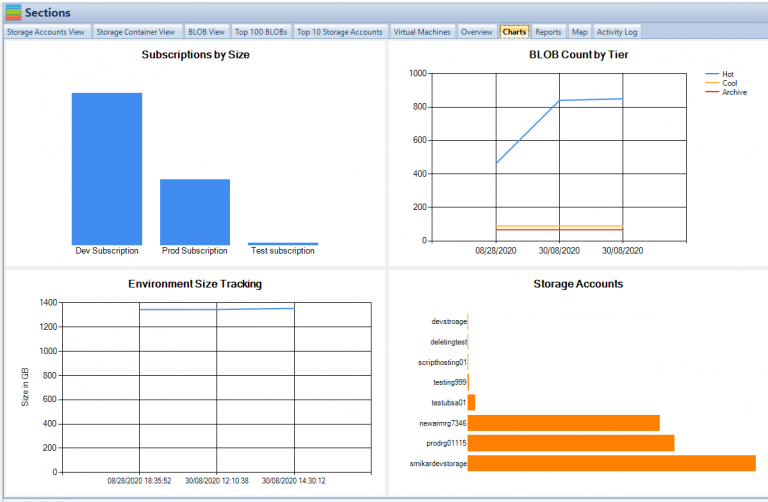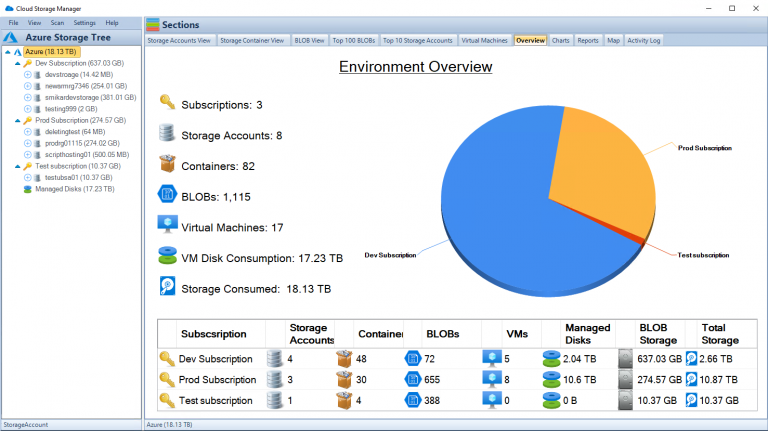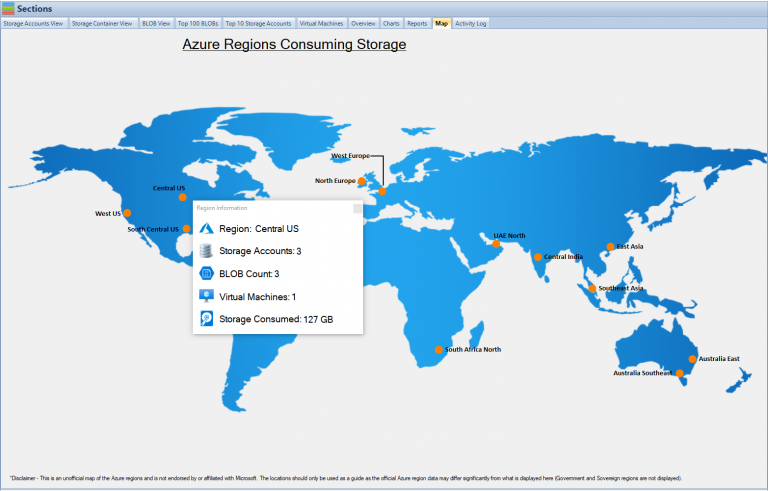Introduction
Azure Data Lake Storage Gen2 and Blob storage are two cloud storage solutions offered by Microsoft Azure. While both solutions are designed to store and manage large amounts of data, there are several key differences between them. This article will explain the differences and help you choose the right solution for your cloud data management needs.
Understanding Azure Data Lake Storage Gen2
Azure Data Lake Storage Gen2 is an enterprise-level, hyper-scale data lake solution. It is designed to handle massive amounts of data for big data analytics and machine learning scenarios. It combines the scalability of Azure Blob Storage with the file system capabilities of Hadoop Distributed File System (HDFS). It’s a fully managed service that supports HDFS, Apache Spark, Hive, and other big data frameworks. Data Lake Storage Gen2 offers the following features:
- Hierarchical namespace: Allows for a more organized and efficient data structure.
- High scalability: Can handle petabytes of data and millions of transactions per second.
- Advanced analytics: Provides integrations with big data frameworks, making it easier to perform advanced analytics.
- Tiered storage: Enables the use of hot, cool, and archive storage tiers, providing flexibility in storage options and cost savings.
Understanding Blob storage
Azure Blob Storage is a cloud-based object storage solution. It’s designed for storing and retrieving unstructured data, such as images, videos, audio files, and documents. Blob Storage is a scalable and cost-effective solution for businesses of all sizes. Blob Storage offers the following features:
- Multiple access tiers: Offers hot, cool, and archive storage tiers, allowing businesses to choose the right storage tier for their needs.
- High scalability: Can handle petabytes of data and millions of transactions per second.
- Data redundancy: Provides data redundancy across multiple data centers, ensuring data availability and durability.
- Integration with Azure services: Integrates with other Azure services, such as Azure Functions and Azure Stream Analytics.
Differences between Azure Data Lake Storage Gen2 and Blob storage
Now that we have explored the features and benefits of both Azure Data Lake Storage Gen2 and Azure Blob Storage, let’s compare the two.
Data Structure
Azure Data Lake Storage Gen2 has a hierarchical namespace, which allows for a more organized and efficient data structure. It means that data can be stored in a more structured manner, and files can be easily accessed and managed. On the other hand, Azure Blob Storage does not have a hierarchical namespace, and data is stored in a flat structure. It can make data management more challenging, but it’s a simpler approach for businesses that don’t require complex data structures.
Data Analytics
Azure Data Lake Storage Gen2 is designed specifically for big data analytics and machine learning scenarios. It supports integrations with big data frameworks, such as Apache Spark, Hadoop, and Hive. On the other hand, Azure Blob Storage is designed for storing unstructured data, and it doesn’t have built-in analytics capabilities. However, businesses can use other Azure services, such as Azure Databricks, to perform advanced analytics.
Cost
Both Azure Data Lake Storage Gen2 and Azure Blob Storage offer tiered storage, providing flexibility in storage options and cost savings. However, the storage costs for Data Lake Storage Gen2 are slightly higher than Blob Storage.
To minimise costs of both Azure Datalake and Azure Blob Storage, you can use Cloud Storage Manager to understand exactly what data is being accessed, or more importantly not being accessed, and where you can possibly save money.
Performance
Azure Data Lake Storage Gen2 offers faster data access and improved query performance compared to Azure Blob Storage. This is because Data Lake Storage Gen2 is optimized for big data analytics and can handle complex queries more efficiently. However, if your business doesn’t require advanced analytics, Blob Storage may be a more cost-effective option.
Use Cases
Azure Data Lake Storage Gen2 is an ideal choice for businesses that require big data analytics and machine learning capabilities. It’s a suitable option for data scientists, analysts, and developers who work with large datasets. On the other hand, Azure Blob Storage is best suited for storing and retrieving unstructured data, such as media files and documents. It’s an ideal option for businesses that need to store and share data with their clients or partners.
Conclusion
In conclusion, Azure Data Lake Storage Gen2 and Blob storage are both cloud storage solutions offered by Microsoft Azure. While both solutions are designed to store and manage data, there are several key differences between them, including scalability, cost, performance, security, and use cases. When choosing between Azure Data Lake Storage Gen2 and Blob storage, consider your data storage needs and choose the solution that best meets those needs.
In summary, Azure Data Lake Storage Gen2 is ideal for big data analytics workloads, while Blob storage is ideal for storing and accessing unstructured data. Both solutions offer strong security features and are cost-effective compared to traditional data storage solutions.
FAQs
Can I use Azure Blob Storage for big data analytics?
Yes, you can use other Azure services, such as Azure Databricks, to perform advanced analytics on data stored in Azure Blob Storage.
Can I use Azure Data Lake Storage Gen2 for storing unstructured data?
Yes, you can use Data Lake Storage Gen2 to store unstructured data, but it’s optimized for structured and semi-structured data.
How does the cost of Data Lake Storage Gen2 compare to Blob Storage?
The storage costs for Data Lake Storage Gen2 are slightly higher than Blob Storage due to its advanced analytics capabilities.
Can I integrate Azure Blob Storage with other Azure services?
Yes, Azure Blob Storage integrates with other Azure services, such as Azure Functions and Azure Stream Analytics.
Is Azure Storage suitable for businesses of all sizes?
Yes, Azure Storage is a scalable and cost-effective solution suitable for businesses of all sizes.
Can you reduce the costs of Azure Blob Storage and Azure Datalake?
Yes, simply using Cloud Storage Manager to understand growth trends, data that is redundant, and what can be moved to a lower storage tier.




